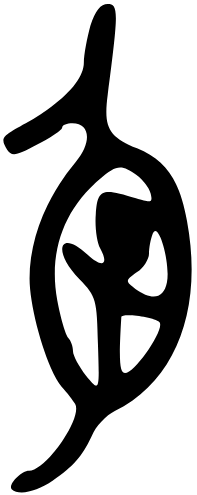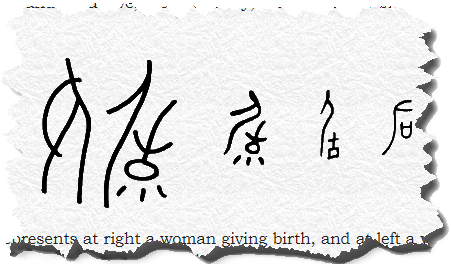Clarity,
Office 17622,
PO Box 6945,
London.
W1A 6US
United Kingdom
Phone/ Voicemail:
+44 (0)20 3287 3053 (UK)
+1 (561) 459-4758 (US).


‘Blocking it, non-people.
Noble one’s constancy bears no fruit.
Great goes, small comes.’
Hexagram 12, the Oracle
‘Embracing the charge.
Small people, good fortune.
Great people, blocked. Creating success.’
Hexagram 12, line 2
‘Embracing shame.’
Hexagram 12, line 3
“You are offered an agreement like a contract, with its own set of mutual expectations, requirements and compensations. To embrace it is to accept the terms you are given, and enter into their service – something which has an utterly different significance for small and great people.”
Commentary on 12.2 from I Ching, Hilary Barrett
“You feel shame, and carry it enfolded within you, as part of yourself – whether or not you’re fully aware of its influence. Since you don’t feel entitled to anything much, you draw back into yourself and don’t feel able to ask directly for what you want or need.”
Commentary on 12.3 from I Ching, Hilary Barrett


‘Resting when blocked.
Great person, good fortune.
It is lost, it is lost!
Tie it to the bushy mulberry tree.’
Hexagram 12, line 5
Clarity,
Office 17622,
PO Box 6945,
London.
W1A 6US
United Kingdom
Phone/ Voicemail:
+44 (0)20 3287 3053 (UK)
+1 (561) 459-4758 (US).